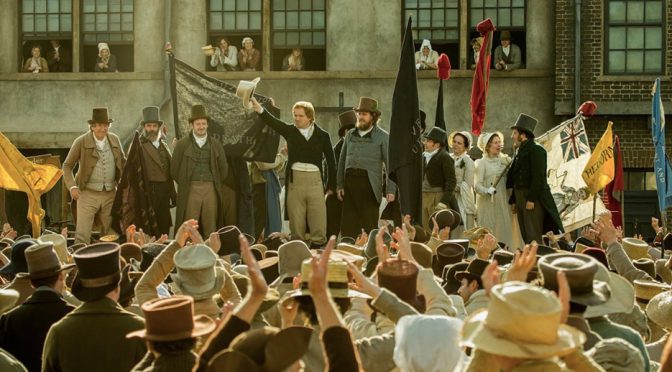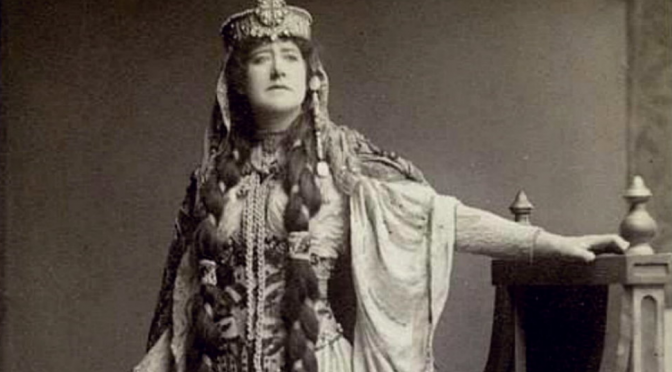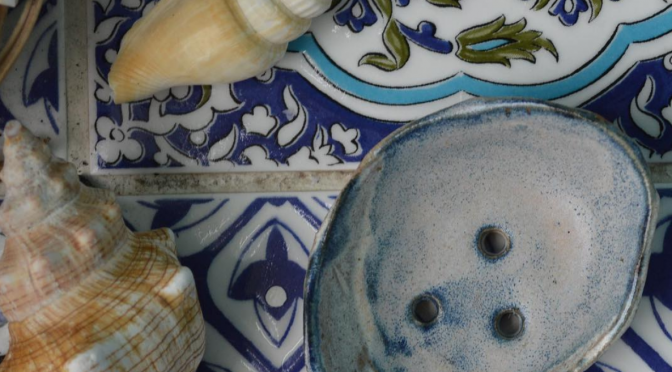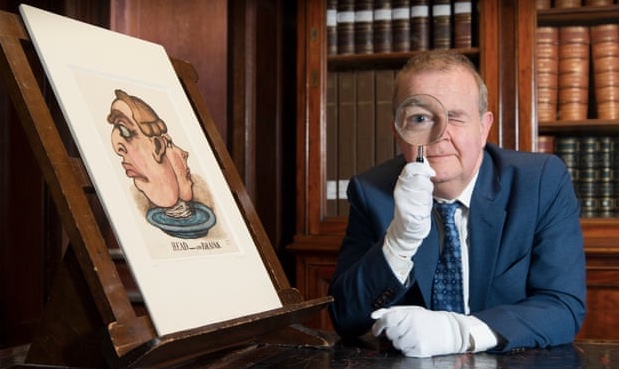By Amy Lidster, Postdoctoral Research Associate, Department of English, @amy_lidster
Productions of Shakespeare’s plays have been regularly used to comment on the political and public affairs of their performance moment – occasionally provoking heated responses. In 2017, for example, the Public Theatre’s production of Julius Caesar at Shakespeare in the Park prompted a media furore (led by Fox News), because the presentation of Caesar bore a striking resemblance to Donald Trump.
The Public Theatre, other news media, and Shakespeare scholars (such as Stephen Greenblatt) were quick to point out that Shakespeare’s play hardly condones the assassination of Caesar and that it explores, instead, the conspirators’ flawed and extreme reactions to a democracy under threat. But audience responses cannot be contained by a careful reading of the text, and, while a production may clearly announce its relevance to contemporary politics, it is difficult to pinpoint a specific application or to control public responses to it.






